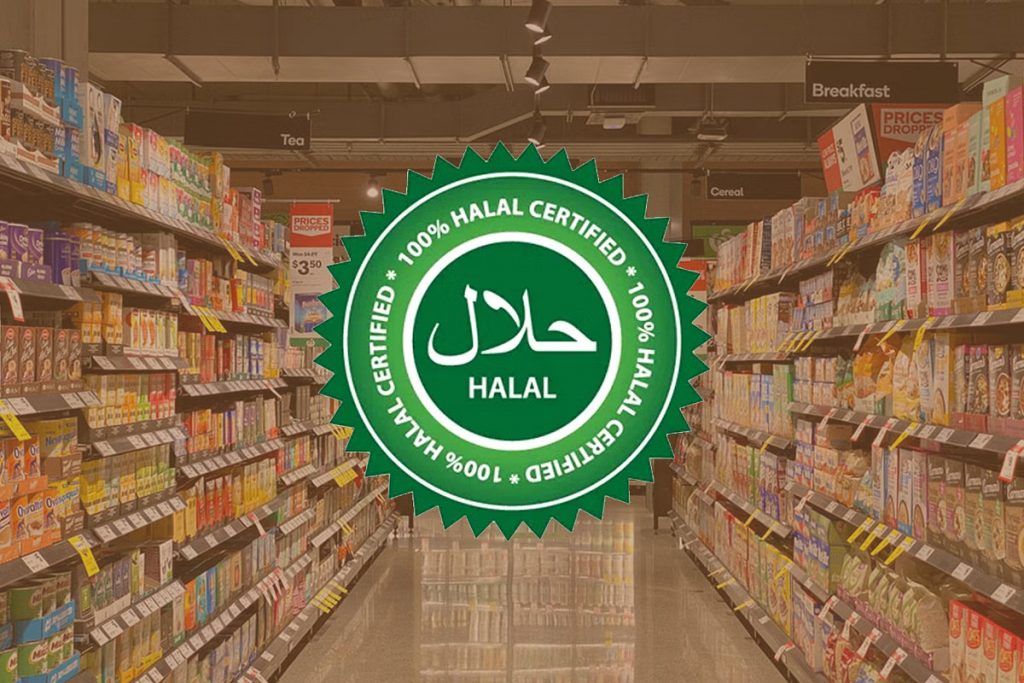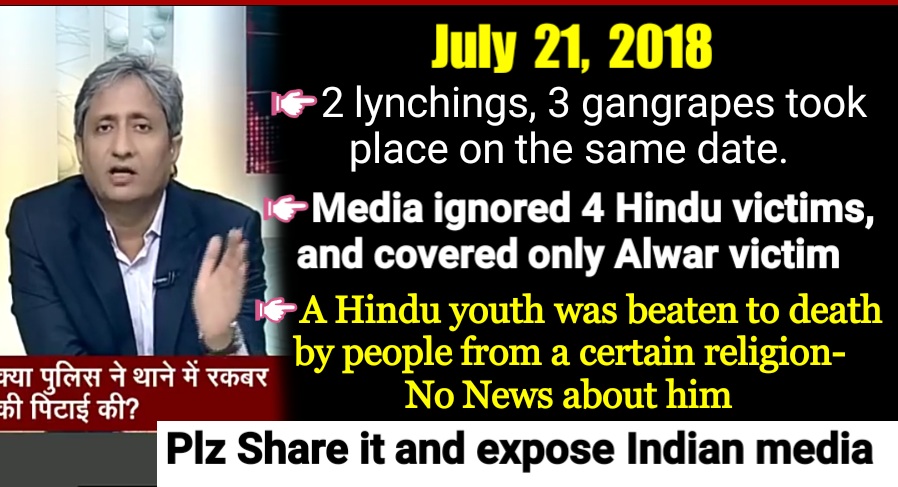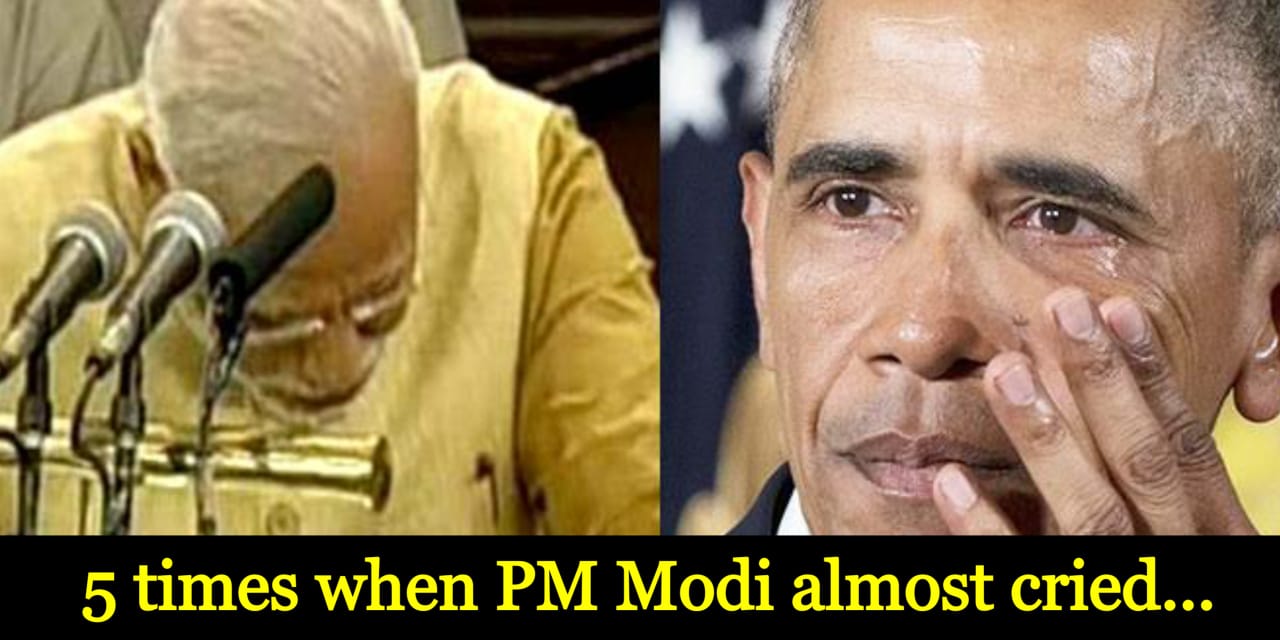No products in the cart.
Here’s everything about Halal controversy, this is why Yogi banned Halal products
Do you know about Halal-certified products? Yogi Adityanath has banned Halal-certified products in UP. Uttar Pradesh authorities on Saturday, November 18 imposed a statewide ban on the “production, storage, distribution and sale of halal certified foods.” The Food Commissioner’s Office issued an order on Saturday evening, imposing an “immediate ban” in Uttar Pradesh.

Halal-certified products are those that clearly meet the requirements of Islamic law and are suitable for consumption by Muslims. Halal is an Arabic word meaning permitted – the opposite of ‘haram’. Halal certification was first introduced for slaughtered meat in 1974 – as no record of Halal certification has been found before then.
Halal meat means meat that has been obtained through a process permitted in Islam. The animal must be hit through the throat, esophagus, and jugular veins, but not through the spinal cord – unlike the blow method of killing an animal, where the blow is delivered to the neck. In 1993, Halal certification was extended to other products. Not only this, non-meat products get Halal certification globally.
Recently, there was an uproar over a sachet of tea premix in the Vande Bharat train because it was Halal-certified. A traveler wanted to know what Halal-certified tea meant. The company explained that the certification was due to other countries because they export that tea premix. The certification was for Muslim countries. So Halal is not limited to meat only, even some cosmetics have Halal certification to show that they do not contain any ‘Haram’ products like alcohol, pig fat, etc.
What is the controversy surrounding Halal-certified products?
The controversy focuses on two aspects – one is the validity of the authority issuing the certificate and the other is the allegation of targeting people of a particular community. On Friday, November 17, a religious group was accused of increasing sales by providing Halal certificates to customers of a specific religion. A case was registered in Lucknow against some organizations for exploiting sentiments. According to the Uttar Pradesh government, these institutions include Halal India Private Limited Chennai, Jamiat Ulama-e-Hind Halal Trust Delhi, Halal Council of India Mumbai, and Jamiat Ulama Maharashtra among others.








